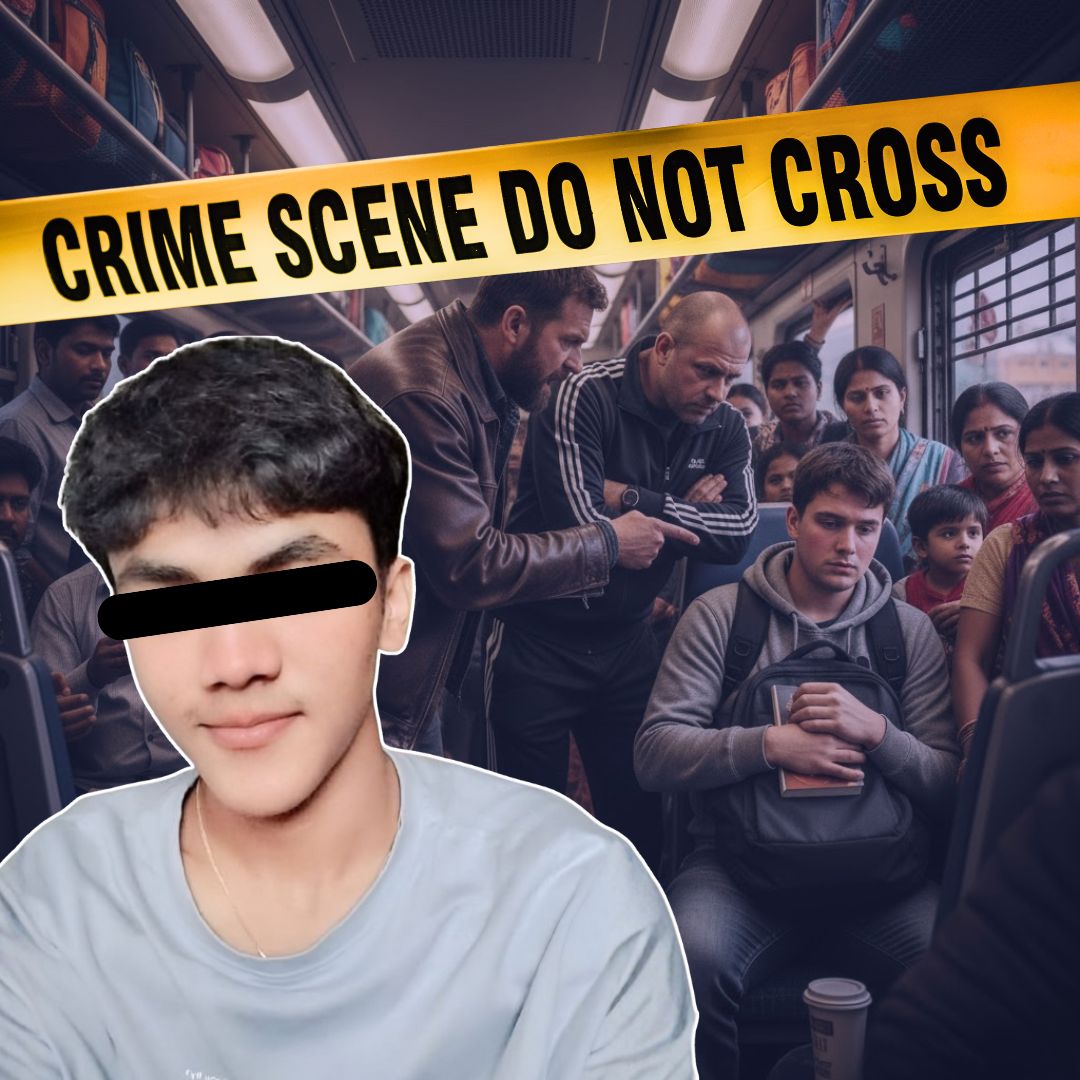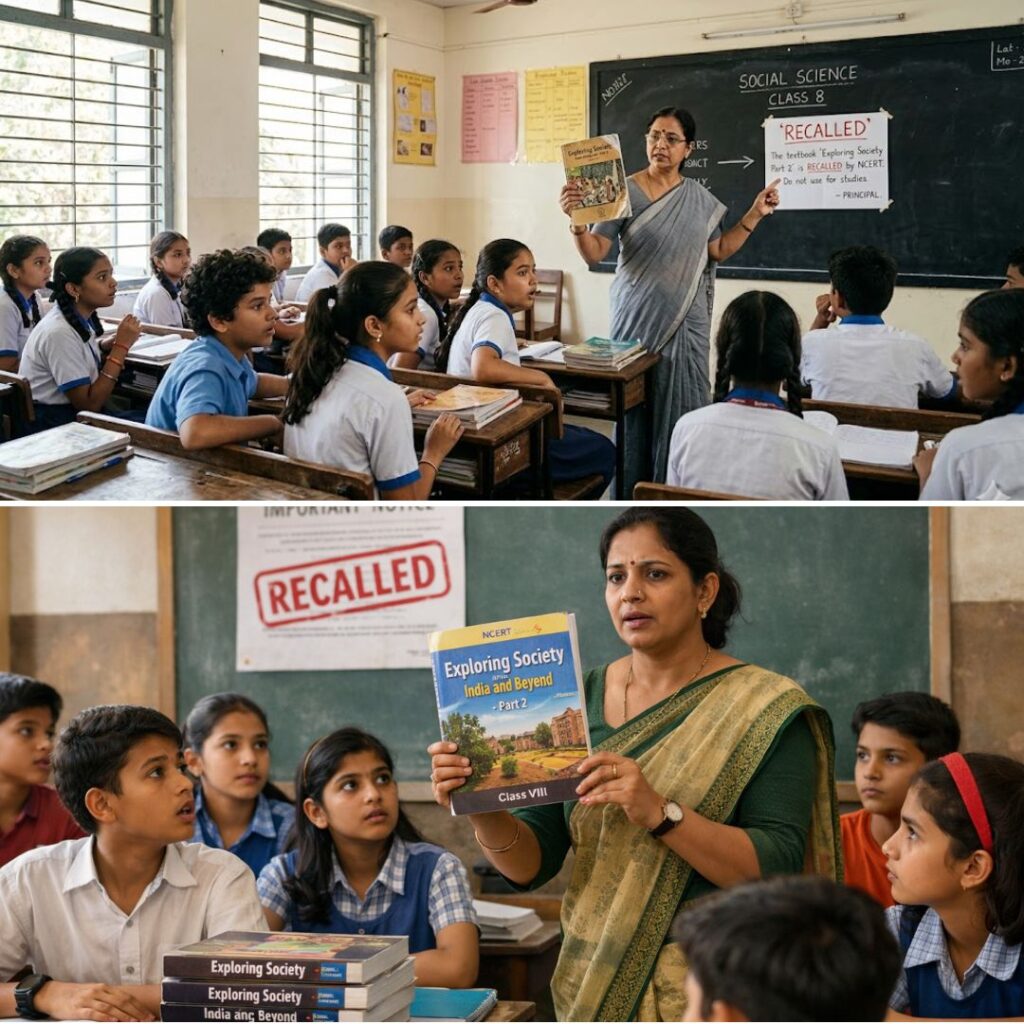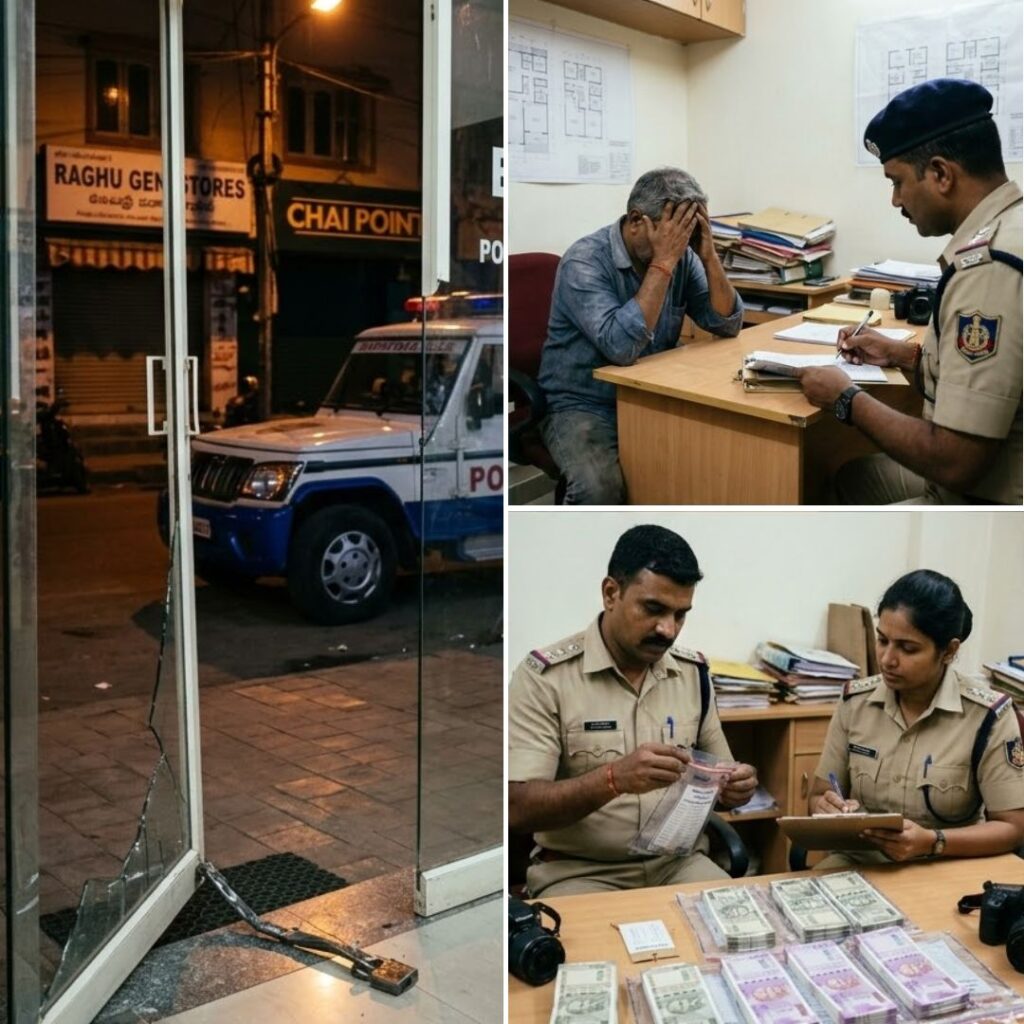Arnav Jitendra Khaire, a 19-year-old first-year science student from Kalyan, Maharashtra, tragically died by suicide after being allegedly assaulted for speaking Hindi on a local train between Kalyan and Thane stations.
The incident reportedly happened on November 18 when four to five men attacked him for not speaking Marathi, leaving him physically hurt and mentally distressed.
Authorities have detained suspects and launched an investigation involving eyewitness accounts and CCTV footage. The death has sparked widespread condemnation and reignited urgent conversations about rising linguistic intolerance in Maharashtra’s urban spaces.
Assault on Local Train Sparks Tragedy
On the morning of November 18, Arnav was travelling on a crowded local train to attend college in Mulund. According to his father and fellow passengers, Arnav asked a commuter to move ahead in the compartment due to the cramped space.
This small request allegedly triggered a heated argument centered around language use, with the men verbally abusing Arnav for speaking Hindi instead of Marathi. The verbal insults escalated when they physically attacked him, leaving him bruised and shaken.
Arnav managed to change trains at Thane station but was visibly disturbed and unwell. Despite the trauma, he attended some of his classes, but his mental state worsened over the next few days. His family revealed that he became withdrawn, expressing feelings of hopelessness and anxiety.
On the evening of November 20, finding his room locked, Arnav’s family and neighbours broke in to find that he had died by suicide through hanging.
The police confirmed the assault and the subsequent suicide, registering a case and detaining two to three suspects connected with the attack. Superintendent Suneeta Patil of the Thane Government Railway Police (GRP) said investigations are ongoing, involving detailed witness statements, examination of train CCTV footage, and coordination with railway officials.
“We are taking this case very seriously and all efforts are on to bring the accused to justice. We urge citizens to maintain peace as the investigation unfolds,” Patil said.
Official Statements and Public Reaction
Maharashtra’s political leadership condemned the attack and the tragic loss of life in strong terms. Local MLA Rahul Deshmukh called it “an unacceptable act of violence stemming from narrow-mindedness and intolerance” and promised to raise the issue in the state assembly.
The Mumbai Police Commissioner also expressed grave concern over such incidents and vowed to work towards stricter safety measures on public transport.
Arnav’s family has been vocal about seeking justice, demanding a swift and transparent investigation as well as support for victims of such linguistic discrimination. His father stated, “No one should suffer like this. Speaking Hindi in Maharashtra shouldn’t be a crime. We want the perpetrators punished to send a strong message.”
Social media platforms have been abuzz with sympathy for Arnav and calls for unity beyond language barriers. Many citizens and activists highlight that linguistic unity should not come at the cost of basic human dignity, emphasizing the urgent need for community dialogue and empathy.
Context: Linguistic Intolerance in Maharashtra
This tragic incident cannot be seen in isolation. Maharashtra’s socio-political landscape has witnessed escalating tensions around language identity and cultural pride, especially between native Marathi speakers and migrant or Hindi-speaking populations in urban centres like Mumbai, Thane, and Kalyan.
Over recent years, several public altercations and verbal abuses over language choice have been reported, often inflamed by local political rhetoric.
Campaigns promoting Marathi pride, while cultural in intent, have sometimes led to exclusionary behaviour and discriminatory attitudes, manifesting in hostile environments in workplaces, educational institutions, and even public transport.
Experts warn that such acts of linguistic intolerance risk widening socio-cultural divides and breeding resentment. Psychologists underline the mental health risks for young people facing repeated humiliation or aggression on linguistic grounds, which can result in trauma, depression, and in tragic cases, suicide.
Civil society groups advocate for inclusive conversations that recognise Maharashtra’s diversity and promote coexistence.
“The strength of India, and Maharashtra specifically, lies in accepting all languages and cultures without hierarchy or hatred,” said a social activist working on migrant rights.
The Logical Indian’s Perspective
Arnav Khaire’s death is a somber example of the devastating human toll that intolerance can exact. In a nation as linguistically diverse as India, everyone deserves to express themselves freely without fear of violence or discrimination. The language one speaks should never decide their safety, dignity, or worth.
At The Logical Indian, there is a firm belief that society’s progress depends on fostering kindness, empathy, and mutual respect across all differences-be they language, religion, or ethnicity. Culture and language are meant to unite and enrich communities, not to divide or provoke hostility.
To honour Arnav’s memory and to prevent further tragedies, it is crucial to promote dialogue that builds bridges rather than walls. This means sensitizing people about the psychological impacts of exclusion, encouraging local leaders to tone down divisive rhetoric, and establishing stronger protections for victims of hate incidents.











